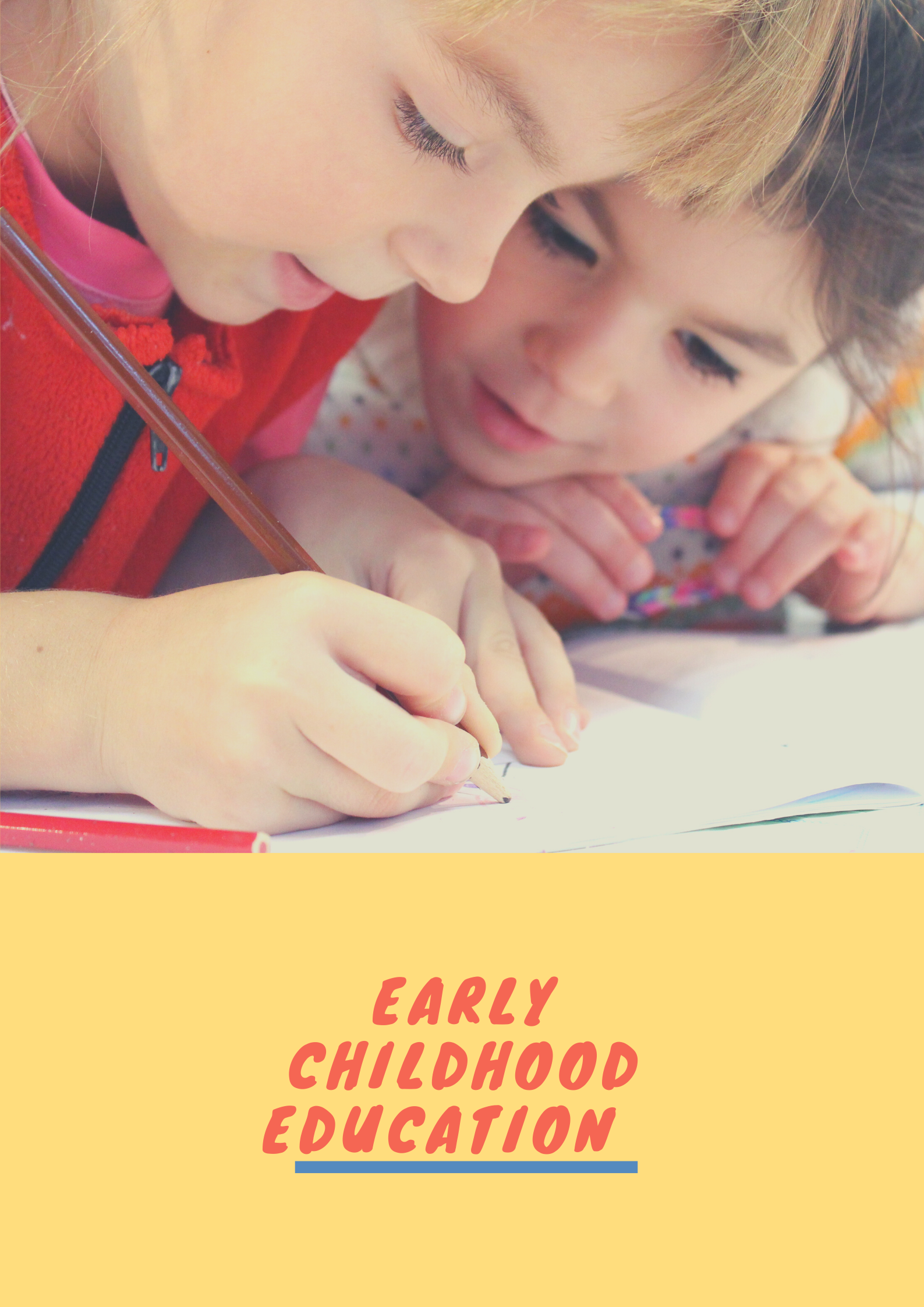The role of early childhood education has gained a huge amount of publicity in recent years. In the last decade a vast amount of literature and policy has been published and the government have recognised its increasingly vital role in society. Policies such as the preschool regulations, Aistear and Siolta have been a scaffold in the movement towards quality child care and education. Preschool provides children with purposeful experiences that lay the foundations for future education and learning. During their time in preschool children learn about language and relationships. They use this language to explore, play and learn about the world around them and how to make decisions about themselves as a learner to choose how they want to learn. Aistear the early childhood framework was established to identify what and how children learn. The framework provides support for practitioners to provide children with purposeful learning experiences that support all areas of development. Preschool provides children the time and the environment to adopt essential social and emotional skills. During their time in preschool children learn to develop peer relationships with other children, the development of such relationships is supported by early year’s educators. The curriculum used in all preschools/ early year’s settings in Ireland is Aistear. The curriculum is broken down to four themes they are communication, well being, exploring and thinking and identity and belonging. The early learning goals within these themes underpin the school readiness indicators. The curriculum is also used within Junior and Senior Infants as it is advised to be used from birth to six years. Early learning goals within the curriculum highlight the importance of preschool and early learning experiences.
The preschool session provides children with the freedom to explore and learn through play. Play has an important role in the holistic development of children. The most important types of play are exploratory play, constructive play, socio-dramatic play and physical play. The preschool classroom provides opportunities for play and hands on experiences for children. These hands on experiences are significant for children to transition from early childhood to middle childhood. A play based curriculum supports the needs of the child because it allows the child to learn how they want to in a way that suits them. When a child initiates learning they learn to make sense of the world around them and build self esteem and confidence furthermore promoting their well-being and independence. During the two years children spend in preschool they will develop vital self help skills that are essential for national school. These skills are developed naturally in the preschool environment as educators have time to spend with children and allow them to become independent. All of the skills children develop in preschool lay the foundations for their academic future.
The years in preschool have been described as a critical time in a child’s life and the experiences they have during their time at preschool have a huge impact on their future education and learning. Preschool plays a vital role in preparing children for the transition to formal education and availing of two years of the ECCE scheme equips children with meaningful experiences to support school readiness. What is the ECCE scheme? The ECCE programme is an extensive programme available to all children that meet the age eligibility. It caters to provide children with their first experience of early learning before they begin National School.
By Kelly Reay & Sarah Lawlor. Instagram handle @preschool_teacher_ireland

